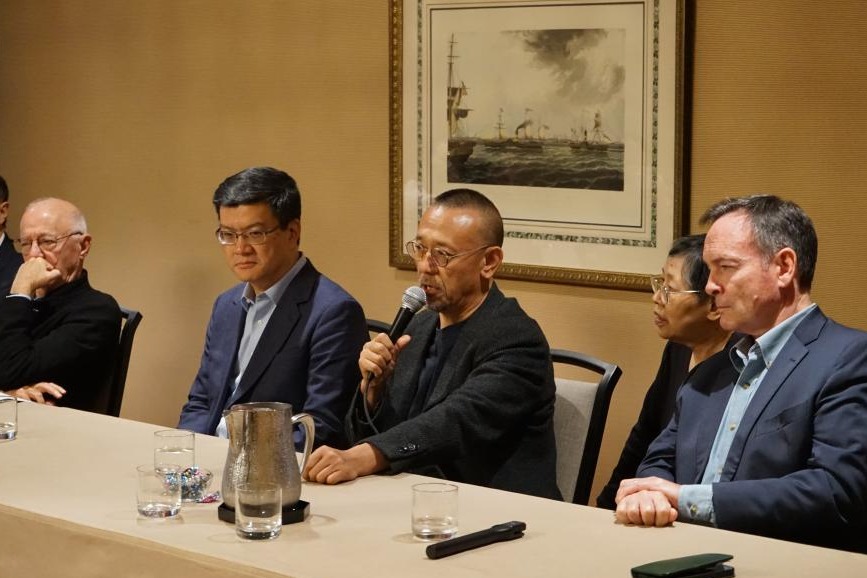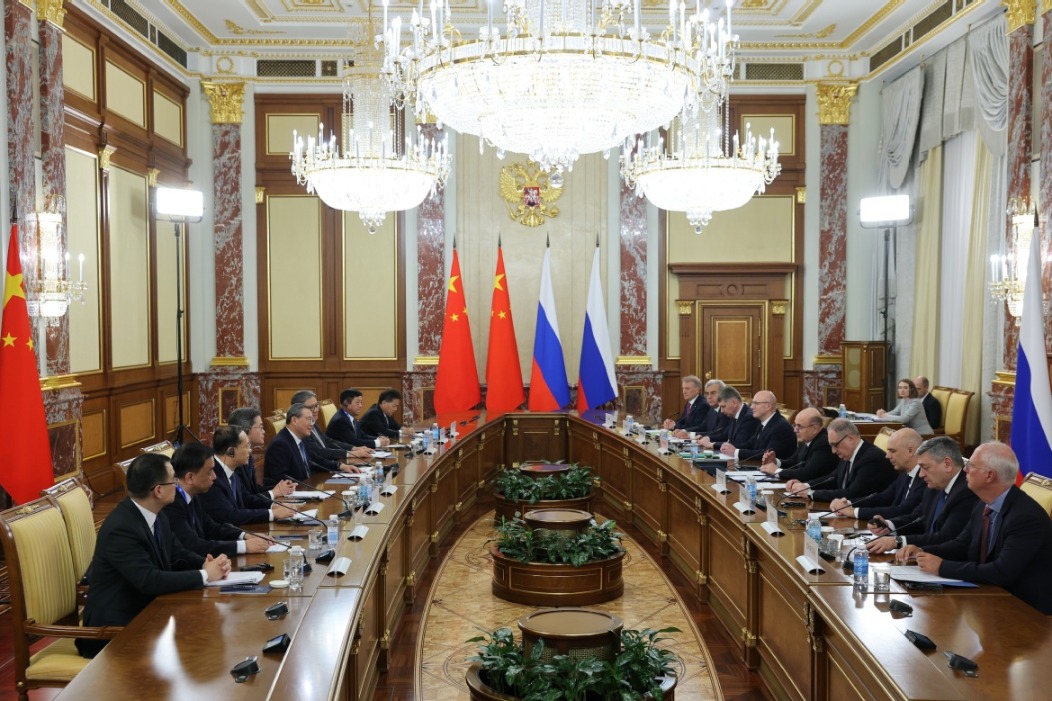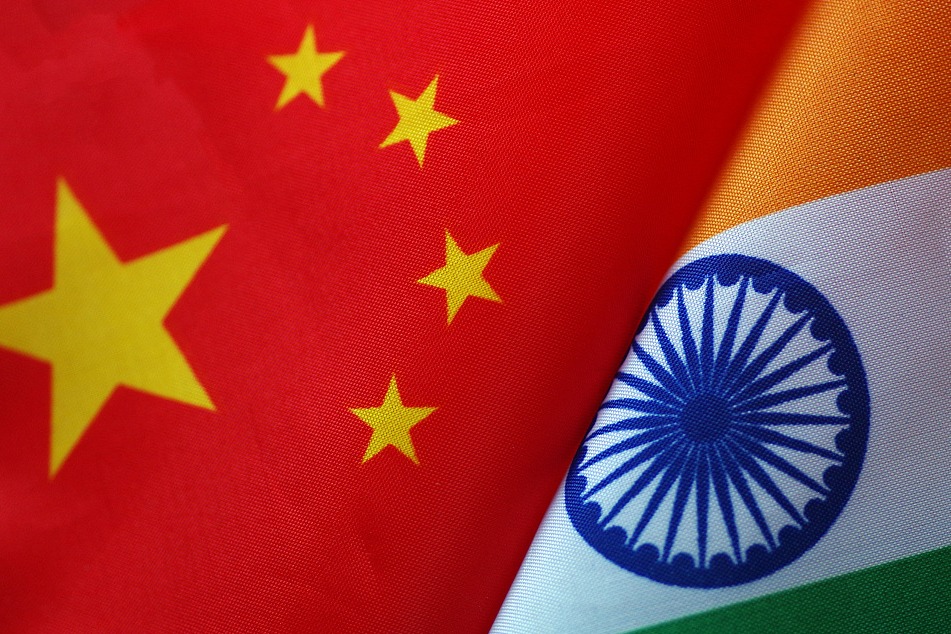Pakistan to unlock full potential of 5G tech

Pakistan's government has been actively working toward embracing 5G technology as part of its vision for digital transformation, analysts said, noting that China's experience in smart cities and the digital economy can serve as a model for Pakistan to implement 5G-driven innovations.
"The introduction of 5G will be a game-changer, driving economic growth, improving connectivity, and enabling cutting-edge technologies like artificial intelligence and smart cities," said Moiz Farooq, executive editor of Pakistan Economic Net and Daily Ittehad Media Group.
"With strong government policies, foreign investment, and Chinese collaboration, Pakistan is well-positioned to unlock 5G's full potential for economic and social transformation."
The Pakistan government plans to launch 5G services by the middle of this year, local media recently quoted officials as saying.
Pakistan's Ministry of Information Technology and Telecommunication has recently taken key steps, including policy development, spectrum allocation, and infrastructure expansion, to ensure a smooth rollout, Farooq added.
Syed Shujaat Ahmed, an independent consultant and economist, said that 5G technology can drive economic growth and digital transformation in Pakistan by creating opportunities in sectors such as e-commerce, fintech, and digital payments.
"It will support startups, small and medium-sized enterprises, and large corporations in adopting advanced digital solutions while boosting Pakistan's IT exports and expanding the digital economy," Ahmed said.
Challenges ahead
However, he noted Pakistan faces several challenges in developing 5G, including "high infrastructure costs, which require massive investments in fiber-optic networks, base stations, and equipment".
Other challenges include issues related to spectrum allocation and regulatory policies, the energy crisis, affordability concerns, and cybersecurity and data privacy risks.
Shakeel Ahmad Ramay, CEO of the Asian Institute of Eco-civilization Research and Development in Pakistan, said that as a fast-growing country with a huge population and youth bulge, young people have become the most significant users of the internet and related technology.
"However, the infrastructure could not keep pace with the demand," he said. "Therefore, Pakistan has joined hands with China to strengthen technology development and modernize the ICT infrastructure."
According to Ahmad, Chinese companies are actively working to improve the infrastructure and services in Pakistan.
For example, Zong — a prominent mobile data network operator based in Pakistan — is wholly owned by China Mobile. The company is the biggest 4G service provider with 12,000 4G sites, and it has also launched a pilot project for 5G installation and service provision, Ahmad said.
As a global leader in 5G, China can play a crucial role in Pakistan's 5G development, said Farooq from Daily Ittehad Media Group.
Farooq added that the China-Pakistan Economic Corridor's Digital Corridor Initiative can help Pakistan leverage China's expertise in fiber-optic expansion, cloud computing, and cybersecurity to ensure a fast and secure transition to 5G.
Additionally, collaboration with China can lead to technology transfer, skill development, and joint research in next-generation telecom solutions, he said.
Xinhua contributed to this story.
vivienxu@chinadailyapac.com































